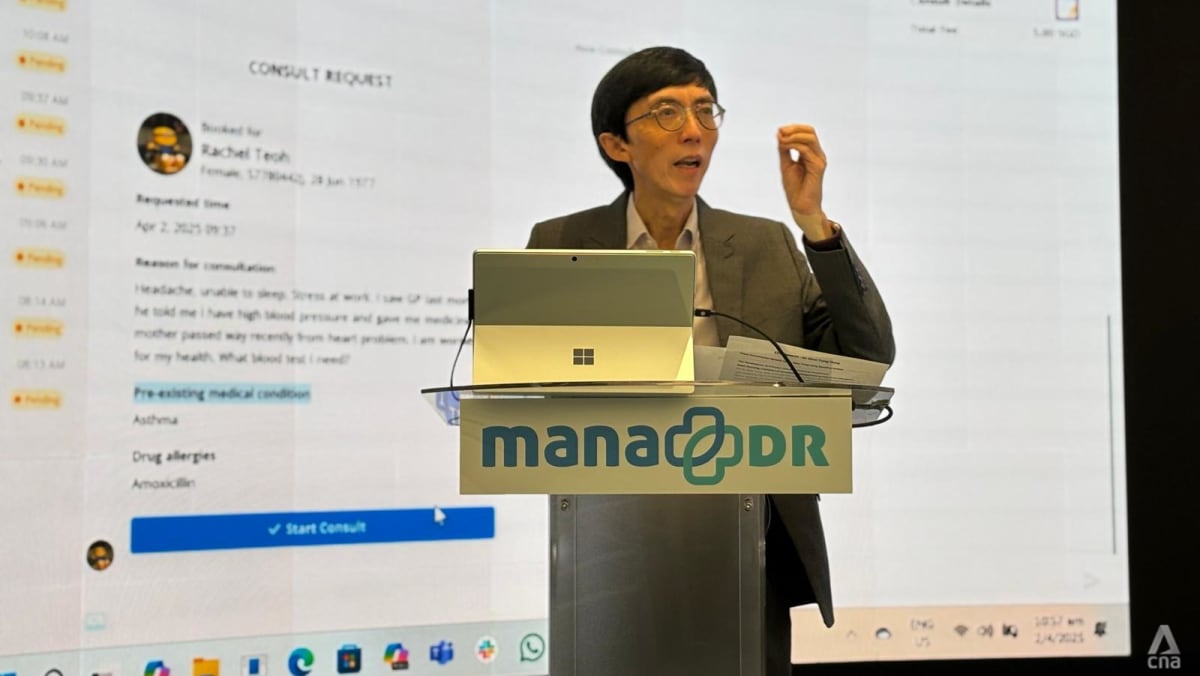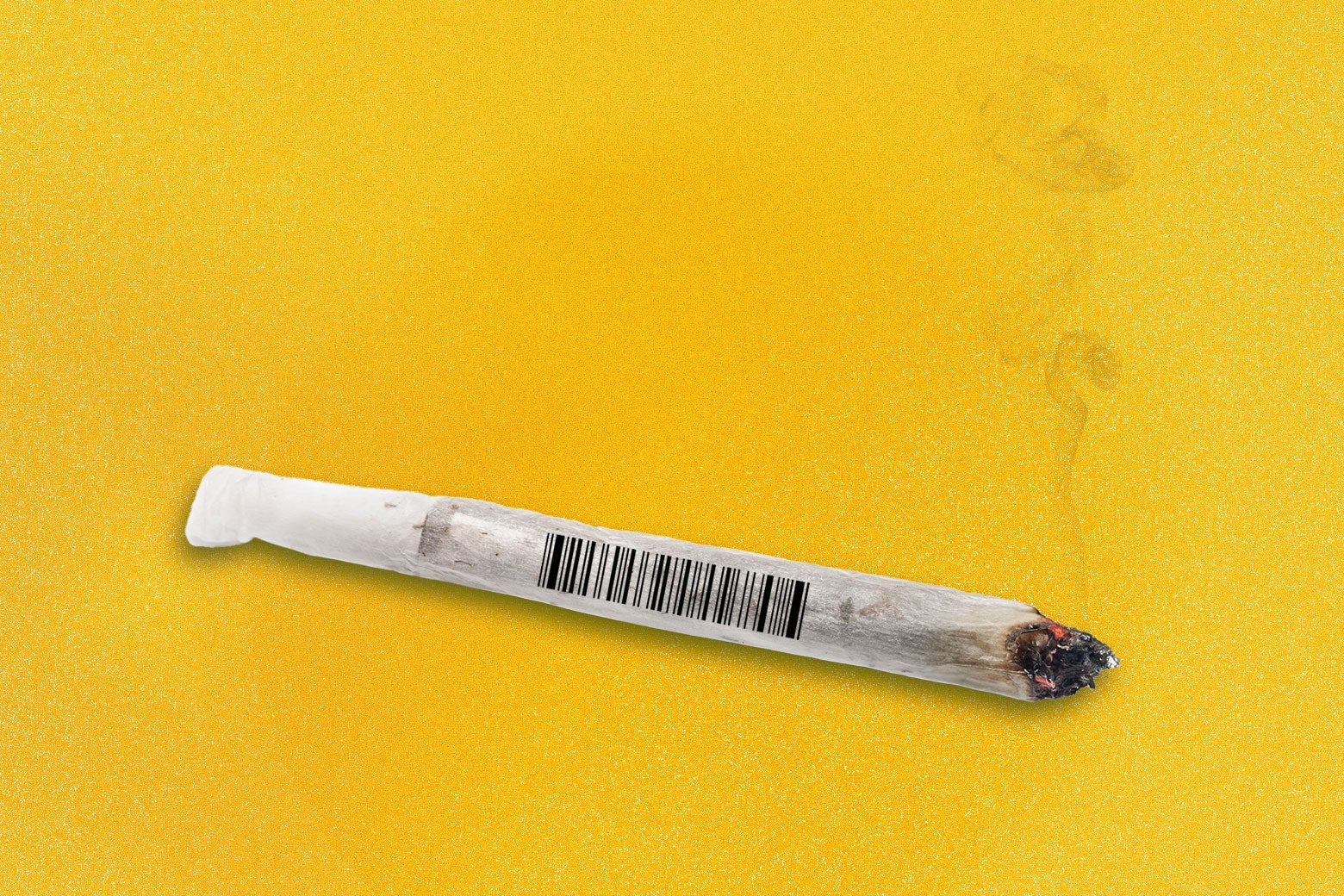MaNaDr Implements New Safeguards Following License Revocation for Teleconsultation Practices

SINGAPORE: In response to the revocation of its clinic license due to unethical teleconsultation practices, MaNaDr has announced a series of new safeguards aimed at improving the integrity of its telehealth services. The company, which faced scrutiny from the Ministry of Health (MOH) last year, has set a minimum duration of one minute for teleconsultations before a medical certificate (MC) can be issued. This measure is part of a broader strategy to address the alarming practices identified during an investigation at its clinic located in the City Gate mixed-use development on Beach Road. At a recent press conference held on April 2, Siaw Tung Yeng, co-founder and CEO of MaNaDr, outlined several initiatives intended to enhance clinical standards and patient safety. Among these initiatives is the introduction of mandatory audio recordings for all teleconsultations, which will help ensure more accurate documentation and accountability. Additionally, MaNaDr has revised its onboarding process for clinics and doctors that utilize its platform, aiming to uphold higher standards of medical practice. One of the most significant advancements introduced by MaNaDr is the incorporation of artificial intelligence (AI) into its operations. This AI technology features a note-taker that automatically transcribes conversations between doctors and patients, consolidating essential information such as prescribed treatments and medical records into a coherent format. Dr. Siaw emphasized that this automation allows physicians to devote more time to patient care rather than administrative tasks. To date, the AI model has been trained using data from 6,000 teleconsultations, achieving an impressive accuracy rate of over 90%. Looking ahead, MaNaDr plans to launch an AI-powered “checker” that will analyze patient notes, propose relevant questions for doctors to consider during consultations, and recommend alternative treatment options where applicable. This innovative approach is part of MaNaDr’s commitment to enhancing patient care through technology. In his statement to the media, Dr. Siaw acknowledged the MOH's findings and reiterated the company's commitment to strengthening its platform’s governance and compliance. "While we cannot directly oversee doctors or clinics as a technology provider, we believe implementing these guardrails, engaging more with our stakeholders—including clinics and doctors—and collaborating closely with the relevant authorities will help us align with best practices," he stated. The events leading to these changes took place on December 20, when the Ministry of Health revoked MaNaDr Clinic's license after discovering an “entrenched culture of disregard” for ethical and clinical standards. The investigation revealed alarming practices, including over 100,000 teleconsultations in a single month that lasted one minute or less, with some consultations being as brief as one second. Additionally, patients were found to have received multiple medical certificates over short periods, alongside concerns regarding the documentation quality of patient case notes. As digital healthcare continues to grow, MaNaDr's efforts to implement stringent safeguards reflect a necessary evolution in the industry, ensuring that patient safety and ethical practices remain a priority. The company's proactive measures may serve as a blueprint for other telehealth providers navigating the complex landscape of remote medical care.
















